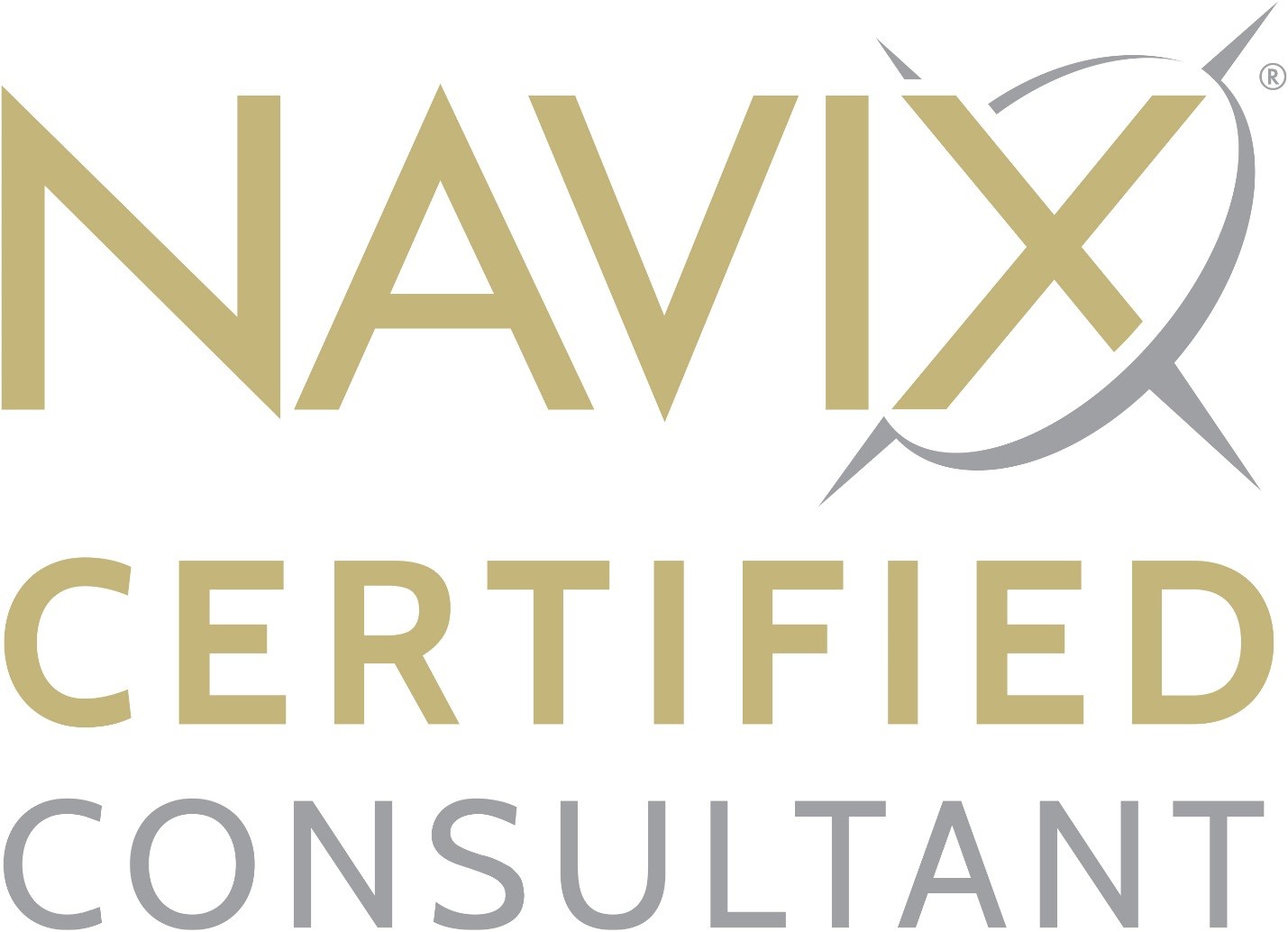Adjusted EBITDA: The Second Most Important Number to Know as You Prepare for Exit
7.06.2018
At NAVIX, we know that most business owners’ top goal at exit is to reach financial freedom, which means having enough money so that work is a choice and not an economic necessity. If reaching financial freedom is the number one goal at exit, then your Exit Magic Number™ – the net amount needed to get there – is the most important number to know. So, what’s the second most important number to help you prepare for exit? Your company’s adjusted EBITDA. Unfortunately, many owners either do not know this number or calculate it incorrectly. Here’s why.
If you intend to sell your business at exit, potential buyers will typically look to your company’s adjusted EBITDA to determine their offer price. EBITDA stands for Earnings Before Interest, Taxes, Depreciation and Amortization. Contrary to misconception, it does not really calculate a company’s profitability. However, buyers put such importance on EBITDA because it shows the company’s current earnings power. EBITDA, in essence, ignores a company’s current ownership issues (debt, tax structure, and depreciation and amortization, which are all largely the byproduct of past capital investment and acquisition decisions) to isolate the company’s current cash flow.
You don’t have to calculate or track your company’s EBITDA; it’s not required to complete your tax returns. You probably tend to focus more on top line growth. Yet for most buyers, EBITDA is the first and most important step in determining what they will pay for a company they seek to purchase.
So if that’s EBITDA, then what is adjusted EBITDA?
Well, like many business owners, you might not always make decisions that maximize your company’s EBITDA. Sometimes, you have other motives and priorities. For example, if your salary exceeds what you would pay somebody else to do your job, your extra above-market rate compensation is lowering the company’s earnings, hence lowering EBITDA. The same thing happens if you enjoy significant tax-deductible ownership-related perks such as company cars, expense accounts, travel reimbursement, and family members on payroll for generous amounts. All of these discretionary expenses depress the EBITDA, but most likely you don’t mind since they also lower your tax bill each year.
Other business decisions may cause EBITDA to be artificially overstated. For example, if you are paying yourself a below-market salary, either to free up money to grow the company, or because you take the lion’s share of your income from the company in the form of profit distributions, the EBITDA may be higher than it otherwise would be if you were paying yourself market-rate wages.
If you intend to sell your business at exit, potential buyers will typically look to your company’s adjusted EBITDA to determine their offer price.
It’s not just owner compensation and perks that can influence EBITDA. Other issues can impact your EBITDA one way or another, including: accounting methods, benefits programs, leases on space or equipment, and product development costs. As a result, many if not most privately-held companies either do not track their EBITDA, or if they do, EBITDA has not been “normalized” to reflect other business decisions and issues that may understate or overstate the figure.
An adjusted EBITDA therefore involves carefully reviewing these issues and calculating a truer picture of the earnings, as if the company was owned by somebody other than you. Items that artificially understate EBITDA are “added-back” into the figure and any items that artificially overstate EBITDA (“negative add-backs”) are factored in as well.
None of this may matter until you get to the point where you intend to exit within the next several years. If you intend to sell your business at exit, accurately presenting the company’s adjusted EBITDA is paramount. Because buyers typically want to see the prior three full years’ financial statements, owners need to begin calculating their adjusted EBITDA well before they intend to exit—we recommend at least five years before the desired exit, in case you sell more quickly than planned.
Unfortunately, too many companies do not accurately calculate their adjusted EBITDA. Adjusting the EBITDA properly and thoroughly requires somebody with experience preparing companies for sale; many small to mid-sized company bookkeepers and controllers lack this experience. If you get close to exit and don’t know your true adjusted EBITDA, then any of the following problems can occur:
- If your EBITDA is artificially understated, as is common, offers from buyers will be much lower than otherwise possible. For example, if a buyer is offering to pay five times the earnings for your company, then every $1.00 that your EBITDA is understated will cost you as much as $5.00 off your sale price.
- If your EBITDA is overstated, this will likely come out during negotiation or the due diligence process, throwing a rather large wrench into your plans to sell the company for a certain price. For example, a buyer paying five times the earnings may reduce its offer price by $5.00 for every $1.00 that EBITDA is discovered to be overstated.
- Whether under- or overstated, if you and the potential buyer cannot agree on what the accurate adjusted EBITDA is, it will be hard to reach agreement on other important figures, undermining your chance to sell the business at all.
When owners do not accurately know their company’s adjusted EBITDA, one more problem commonly occurs. If a potential buyer unexpectedly comes knocking on your door via an unsolicited email or phone call inquiring if you wish to sell, you should not share any financial data before you can produce an accurate adjusted EBITDA. Prematurely sharing inaccurate or non-adjusted EBITDA figures gets the process with this potential buyer off on the wrong foot from the very first step.
Knowing your adjusted EBITDA in advance is fundamental to a successful sale. At NAVIX, our clients know their adjusted EBITDA, as well as other key financial figures and metrics needed to prepare a company for sale to an outside buyer. To learn what it takes to prepare your company for sale, and to help you get ready for exit, contact us for a complimentary, confidential 45-minute consultation with one of our NAVIX independent Consultants.
To discuss your unique business, and how to plan for and achieve a successful exit, Call 772-210-4499 or email Tim to schedule a confidential, complimentary consultation.



 Tim is a Consultant to Business, Government and Not-for-Profits Organizations specializing in innovative and challenging ways for organizations to survive, to thrive and to build their teams.
Tim is a Consultant to Business, Government and Not-for-Profits Organizations specializing in innovative and challenging ways for organizations to survive, to thrive and to build their teams.